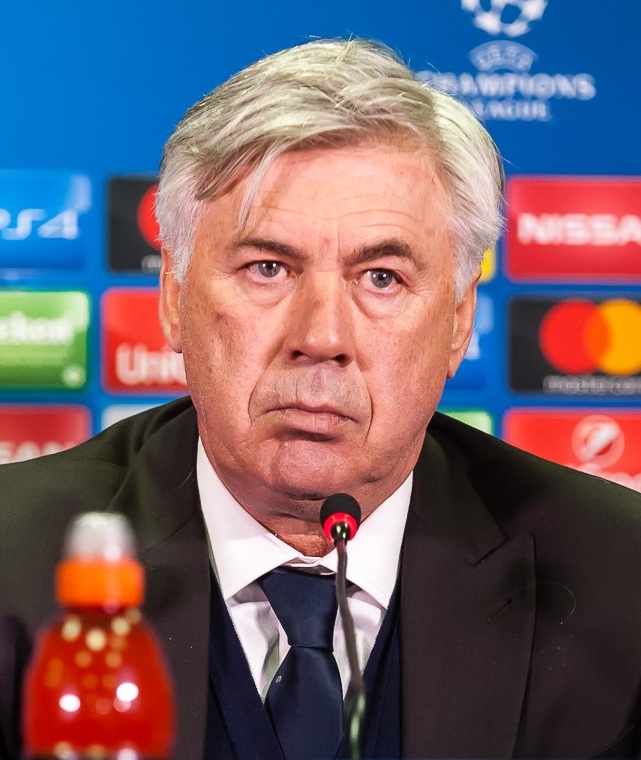
Introduction
Carlo Ancelotti, one of the most revered figures in football, has made a significant impact on the sport through his innovative coaching and remarkable success across various leagues. Currently the head coach of Real Madrid, Ancelotti’s journey in professional football exemplifies excellence in tactical acumen and leadership. As European football intensifies and clubs strive for dominance, Ancelotti’s influence remains a touchstone for aspiring coaches and players alike.
Career Overview
Ancelotti began his managerial career in Italy in 1995 and quickly established himself with Parma, where he won the Coppa Italia and the UEFA Cup. His career escalated through positions at clubs like Juventus, AC Milan, Chelsea, Paris Saint-Germain, and Napoli. His greatest triumphs came during his tenures at AC Milan and Real Madrid, where he secured multiple Champions League titles. In 2003 and 2007, he led Milan to triumph in Europe’s elite competition, and in 2014, he achieved the notable “La Decima” with Real Madrid, their tenth European Cup.
Real Madrid and Current Challenges
Returning to Real Madrid in 2021, Ancelotti faced the challenge of rejuvenating a squad that had experienced ups and downs over previous seasons. His leadership has yielded near-instant results, with Madrid claiming the La Liga title in the 2021-2022 season and adding another Champions League trophy to their cabinet in June 2022. Ancelotti’s management style is characterized by a blend of strict tactical discipline and building strong personal relationships with players, fostering a motivated environment that brings out the best in his squad.
Contributions to Football
What sets Ancelotti apart is not just his trophy collection but his ability to adapt tactics based on player strengths and match situations. He is one of the few managers who have found success in different leagues, a testament to his profound understanding of the game and versatility. Moreover, Ancelotti has emphasized the importance of mental conditioning in football, helping players not only physically but psychologically, leading them to handle pressure effectively.
Conclusion
Carlo Ancelotti’s impact on football continues as he champions the combination of tactical ingenuity and emotional intelligence in coaching. As he guides Real Madrid through another season filled with competitive challenges, fans and analysts closely watch how he navigates this ever-evolving landscape of football. His career serves as an inspiration for both current professionals and future generations, proving that success in football is not purely about talent, but also about strategy, relationships, and constant adaptation.



